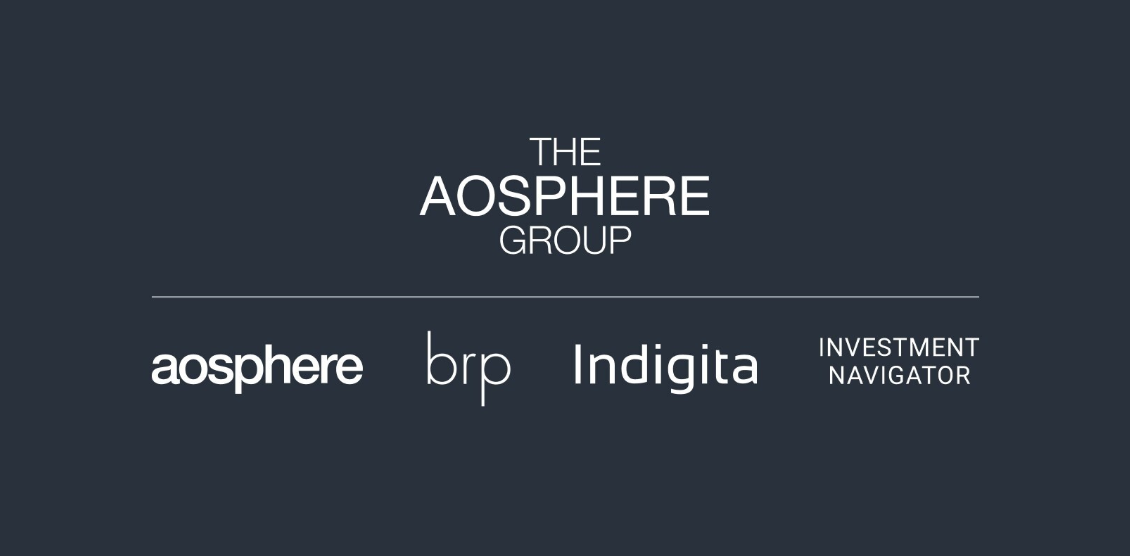Wednesday, 12 July 2023
Monde Economique by Achille Deodato, CEO of Indigita SA
Hardly a day goes by without fresh headlines on new sanctions being imposed on certain countries, organizations, or individuals. For financial intermediaries, navigating this dynamic landscape can prove challenging. Because the types of sanctions differ and so do their legal impact and the consequences if they aren’t adhered to.
Economic sanctions have long been utilized as a political and diplomatic tool in international relations, involving trade restrictions, financial transaction limitations, and other measures targeting specific countries or individuals. When sanctions are imposed, financial institutions operating within the jurisdiction of the issuing country, as well as those utilizing its currency, are legally obligated to comply with the sanctions. The recent conflict in Ukraine has once again brought the issue of sanctions to the forefront, prompting the United States and its allies to impose sanctions on Russia and individuals connected to the Russian government. Given the magnitude, velocity, and intricacy of transactions in today’s financial landscape, financial intermediaries increasingly rely on automated controls and digital systems to ensure they won’t inadvertently breach any rules.
Different authorities, such as the Office of Foreign Assets Control (OFAC) in the United States, the European Council in the European Union, and the State Secretariat for Economic Affairs (SECO) in Switzerland, regularly publish lists of sanctioned individuals and organizations. The impact of these lists often goes way beyond the jurisdiction that they originate from. For instance, OFAC sanctions may initially appear to primarily impact US banks. But any bank with direct or indirect exposure to the US must de facto comply with OFAC regulations, which encompass various factors such as the use of USD currency, investments in US stock exchanges, the presence of US branches or subsidiaries, or employing US citizens with reporting obligations.
For example, if a bank, regardless of its location, engages in a USD transaction with an individual or organization sanctioned by OFAC, it automatically violates US law and may be added to the list of sanctioned entities. The repercussions can be severe, including being barred from conducting USD-based trade, losing access to USD assets and US-held assets like shares or bonds, and facing restrictions on transferring USD assets belonging to clients.
To ensure compliance with all relevant sanctions, banks must undertake specific actions.
Firstly, they need to adhere to the sanctions imposed by their domestic authorities. And secondly, they must identify additional sanctions they need to comply with based on their international exposure, considering factors such as reporting obligations to foreign regulatory authorities (due to the presence of branches or subsidiaries), financial investments, currency usage, and client domicile. This represents a continuing effort because sanctions lists require daily updates to stay current.
Once a bank has determined the list of domestic and international sanctions it must comply with, it is crucial to implement internal control systems that encompass three layers: accounts, transactions, and financial products.
Sanctions controls on accounts
At the individual account level, a bank is required to implement two types of controls. Firstly, when opening a new account, the bank must verify if the account holder or any associated party is listed in any of the sanctions lists that the bank is obligated or has chosen to comply with. This control process can be extensive, particularly in the case of corporate accounts, as any shareholder or director of the corporate entity could potentially be a sanctioned individual. Consequently, the bank must establish robust mechanisms to obtain detailed information about the shareholders and governing bodies of a corporate entity when opening an account. Similarly, for individual accounts, the bank must conduct thorough due diligence to determine if an individual may have connections to a sanctioned person or company. This is crucial to mitigate the risk of individuals acting as screens to shield off sanctioned entities.
Secondly, the bank must regularly conduct batch checks on its client base to continuously monitor whether any existing clients have newly become subjected to sanctions. If a client is identified as being sanctioned, the bank is obligated to take necessary steps. This may include reporting the account if the client is sanctioned by domestic authorities. Alternatively, if the client has been sanctioned by a foreign authority, the bank retains the option to terminate the business relationship and close the account.
Sanctions controls on transactions
At the transactional level, banks have the responsibility to ensure two key aspects. Firstly, they must ensure that no incoming or outgoing funds involve any sanctioned entities or individuals. This requires maintaining visibility on the source of funds deposited into the accounts of existing clients and identifying the recipients of outgoing payments. The underlying principle is to exercise control and ensure that no party involved in the transfer of liquidity or assets is listed on the sanctions lists.
Sanctions controls on financial investments
Implementing measures for financial investments is perhaps the most difficult control layer for a financial institution. Whenever a bank makes or holds an investment in shares, bonds, funds, or other financial products directly or on behalf of its clients, it is imperative to verify whether any connections exist to sanctioned entities. For instance, a client may request to invest in a fund, which in turn invests in another fund that holds shares of a listed entity. As evident, the level of detail required for such controls is exceedingly high. And further adding to the complexity, these controls must not only be applied to new investments but also to existing portfolios.
Conclusions
Sanctions serve as a potent instrument for states to exert diplomatic or political influence. However, the effectiveness of sanctions hinges directly on the financial system’s ability to enforce them efficiently. Given the rapid pace, large volume, and intricate nature of daily banking transactions, digital tools and systems emerge as the only viable solution to establish a robust control framework. Specifically, automating controls at the level of financial investments enables screening at the granularity of individual International Securities Identification Numbers (ISINs). To implement the automated controls required to stay compliant in today’s environment, banks rely on trustworthy data sources and providers of digital solutions more than ever before.




